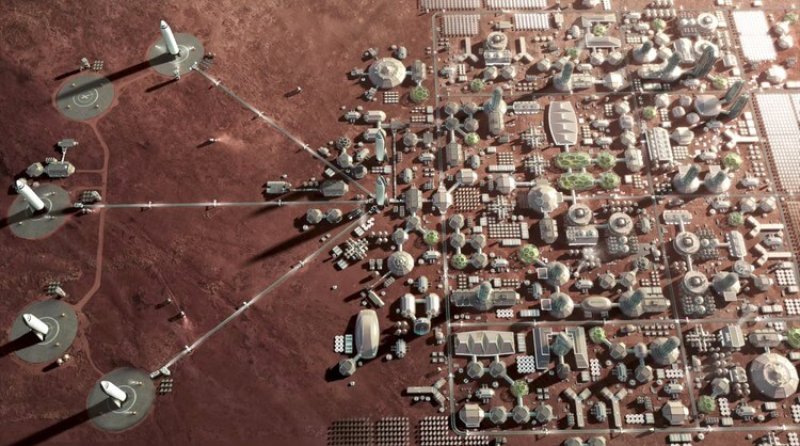I wanted to look at the case against Mars; three reasons humans should leave the red planet alone.
…
[T]he first argument against human travel to Mars: contamination. If humans do eventually land on Mars, they would not arrive alone. They would carry with them their earthly microbes. Trillions of them. There is a real risk that some of these microbes could find their way onto the surface of Mars and, in doing so, confuse – perhaps irreversibly so – the search for Martian life.…
Of course, one easy way to minimise the risk of contamination is to send robots to Mars instead of humans – the second argument against a manned trip to Mars.
Robots have several inherent advantages. They are much cheaper than humans because they don’t require a vast support infrastructure to provide things like water, food and breathable air.
…
The most polarising issue in the Mars debate is arguably the tension between those dreaming of a second home and those prioritising the one we have now.
…
The billions – if not trillions – of dollars needed to colonise Mars could, for example, be better spent investing in renewable forms of energy to address climate change.
…
And of course, if we have not figured out how to deal with problems of our own making here on Earth, there is no guarantee that the same fate would not befall Mars colonists.
Read full, original post: The case against Mars colonization































